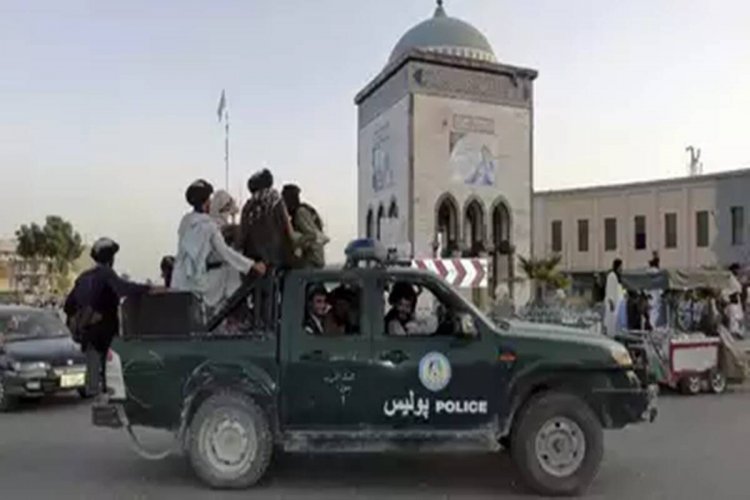India - Central Asia, Post Taliban
STORIES, ANALYSES, EXPERT VIEWS

The rise of Taliban in Afghanistan, write Harsh V. Pant (Professor of International Relations at King’s College London and Director of Research at Observer Research Foundation, ORF), and Ayjaz Wani (Fellow at ORF) “have catalysed new geostrategic and geoeconomic concerns for the region. The evolving situation has also thrown up renewed challenges for India’s regional and bilateral ties with Central Asia and the Caucasus, prompting India to recalibrate its rules of engagement with the region.”
India’s pro-active initiatives
External Affairs Minister S. Jaishankar was in the region earlier this month — his third within a span of four months. He visited Kyrgyzstan where he extended a credit line of $200 million for the support of development projects and signed an memorandum of understanding (MoU). In Kazakhstan, he attended the 6th Foreign Ministers’ Conference on Interaction and Confidence-Building Measures in Asia (CICA). He become the first Indian External Affairs Minister to visit Armenia where the two countries agreed to enhance trade and cultural exchanges to boost bilateral relations.”
After the breakup of the Soviet Union and the formation of the independent republics in Central Asia, the two authors write “India reset its ties with the strategically critical region. India provided financial aid to the region and established diplomatic relations. New Delhi signed the Strategic Partnership Agreements (SPA) with Kazakhstan, Tajikistan and Uzbekistan to stimulate defence cooperation and deepen trade relations. In 2012, New Delhi’s ‘Connect Central Asia’ policy aimed at furthering India’s political, economic, historical and cultural connections with the region.”
Anti-China sentiments and security threats from Taliban allow India and C Asia to ‘reimagine their engagement’
However, India’s efforts were stonewalled by Pakistan and China. To counter this, under policies initiated by India, “Central Asia became the link that placed Eurasia in New Delhi’s zone of interest. India signed MoUs with Iran in 2015 to develop the Chabahar port in the Sistan-Baluchistan province that was in the doldrums from 2003. Most of the Central Asian leaders view India’s Chabahar port as an opportunity to diversify their export markets and control China’s ambitions……
“Central Asian countries have been keen to have India as a partner as they have sought to diversify their strategic ties. They have admitted New Delhi into the Ashgabat Agreement, allowing India access to connectivity networks to facilitate trade and commercial interactions with both Central Asia and Eurasia, and also access the natural resources of the region. Rising anti-Chinese sentiments within the region and security threats from the Taliban allow New Delhi and Central Asia to reimagine their engagement….”
















